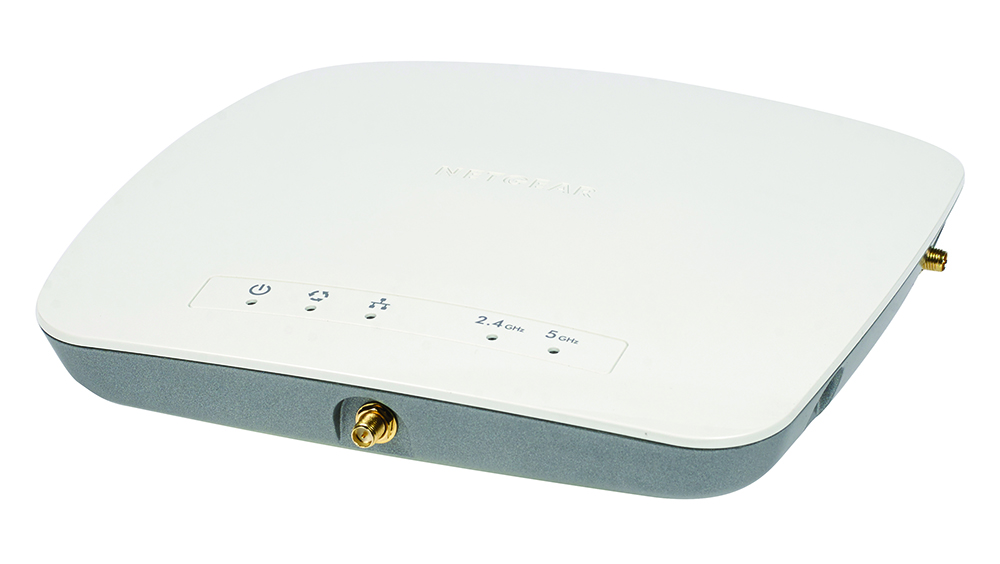Ransomware in the wild again
A new trend in hijacking PCs and holding their users to ransom has been identified by a US security company.


A form of malware employing pay-by-phone extortion has been identified as a new means for cyber criminals to literally hold users' PCs to ransom.
The new 'ransomware,' as it's being called, locks up a user's PC and demands $35 (17.67) to renew bogus "browser security and anti-adware software" licences before returning control back to the user, a US security research firm said earlier this week.
The backdoor Trojan, identified by Florida-based Sunbelt Software as "Delf.ctk" is typically installed through security exploits, giving an attacker unauthorised access to a PC and the means to remotely control it without the user's knowledge.
The resulting fake Microsoft alert screens which lock up the system direct users to the internet protocol (IP) address of a payment processor of pornographic websites, 'passwordtwoenter.com' and a number of other similar sites.
Sunbelt chief executive, Alex Eckleberry, said in a blog posting on Monday that "you're completely locked out of the system" after the Trojan is run and installed, and that the only way to regain control is to pay the fee being demanded via phone numbers it lists.
Both the telephone numbers and websites sharing the passwordtoenter.com IP address trace back to a Seychelles-based company called Global Voice. But the company has failed to respond to email enquiries about the reports.
"Apparently, this is a payment processor that's now being used for malware, whether they know it or not," added Eckleberry.
Sign up today and you will receive a free copy of our Future Focus 2025 report - the leading guidance on AI, cybersecurity and other IT challenges as per 700+ senior executives
Although ransomware is not a completely new cybercrime tactic, the last outbreak was reported over six months ago, when the Trojan horse "Gpcoder," froze user access to PC files for a ransom of $300 (151.44) a time.
A 25-year veteran enterprise technology expert, Miya Knights applies her deep understanding of technology gained through her journalism career to both her role as a consultant and as director at Retail Technology Magazine, which she helped shape over the past 17 years. Miya was educated at Oxford University, earning a master’s degree in English.
Her role as a journalist has seen her write for many of the leading technology publishers in the UK such as ITPro, TechWeekEurope, CIO UK, Computer Weekly, and also a number of national newspapers including The Times, Independent, and Financial Times.
-
 The modern workplace: Standardizing collaboration for the enterprise IT leader
The modern workplace: Standardizing collaboration for the enterprise IT leaderHow Barco ClickShare Hub is redefining the meeting room
-
 Interim CISA chief uploaded sensitive documents to a public version of ChatGPT
Interim CISA chief uploaded sensitive documents to a public version of ChatGPTNews The incident at CISA raises yet more concerns about the rise of ‘shadow AI’ and data protection risks
-
 Facebook blames faulty configuration change for hours-long outage
Facebook blames faulty configuration change for hours-long outageNews The update caused a "cascading effect" that brought all of the social network's services to a halt
-
 How your network can take on the cloud - and win
How your network can take on the cloud - and winWhitepapers Think beyond traditional networking toward a secure digital perimeter
-
 What is a DHCP server?
What is a DHCP server?In-depth We take a closer look at what a DHCP server is, and how it can make network administration easier
-
 Aruba's SD-Branch hooks SD-WAN, wired and wireless networks together
Aruba's SD-Branch hooks SD-WAN, wired and wireless networks togetherNews Cloud-managed policy controls simplify network management for small IT teams
-
 The Tube is getting total web coverage from 2019 and London's getting a broadband boost
The Tube is getting total web coverage from 2019 and London's getting a broadband boostNews Sadiq Khan wants the capital to be better connected, and he’s got a plan on how to do it
-
 Telcos offer Europe 5G networks if EU weakens net neutrality
Telcos offer Europe 5G networks if EU weakens net neutralityNews Mobile companies say net neutrality threatens their returns on investment in 5G
-

 Netgear ProSafe WAC730 review
Netgear ProSafe WAC730 reviewReviews Top value, features and four management modes make deploying a business wireless network easy
-
 Mitsubishi Outlander hybrid car can be wirelessly hacked
Mitsubishi Outlander hybrid car can be wirelessly hackedNews Wi-Fi loopholes allowed vehicle’s lights to be turned on, charging settings tweaked and battery drained
